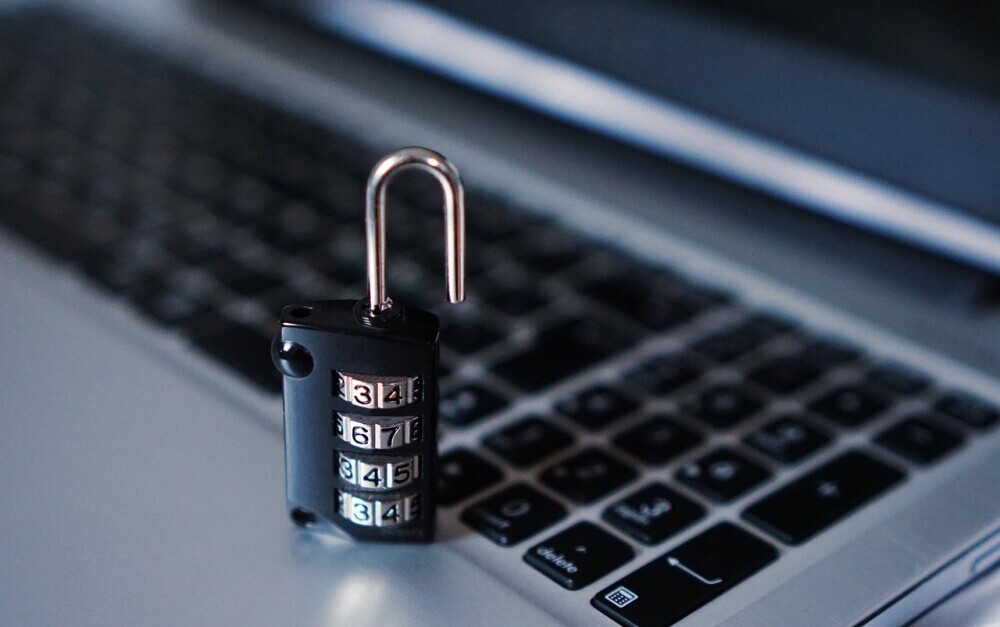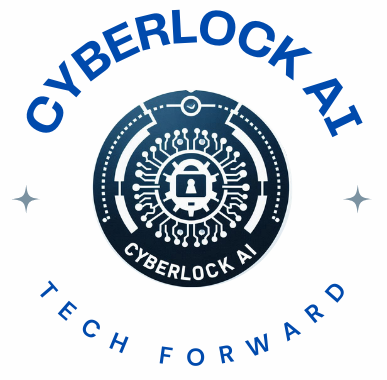 Hacking’s a bit of a misunderstood concept, right? Most folks picture a shady figure typing away in a dark room. But hacking’s not just about breaking into systems—it’s a whole lot more. There’s an entire world behind this that’s driven by curiosity, innovation, and sometimes the wrong intentions.
Hacking’s a bit of a misunderstood concept, right? Most folks picture a shady figure typing away in a dark room. But hacking’s not just about breaking into systems—it’s a whole lot more. There’s an entire world behind this that’s driven by curiosity, innovation, and sometimes the wrong intentions.
Back in the day, hacking was all about exploring systems and pushing the boundaries of technology. It was those early hackers who laid the groundwork for the digital world we know today—yep, the good and the bad of it. Over the years, though, some veered off the beneficial path, leading to today’s darker connotations around cybercrime.
But here’s the kicker: hacking isn’t inherently bad. It’s got this dual nature, like a superhero and a villain sharing the same space. Enter the black hat and white hat hackers—think of them as the villains and the heroes in this digital universe. The black hats? They’re the ones exploiting systems and causing mayhem. The white hats, on the other hand, are using their skills to secure and protect data, often hired by companies to test their defenses.
And then there are ethical hackers. These pros use their talent for good, often working behind the scenes to stop cyber attacks before they even happen. It’s like a digital defense squad, constantly on the lookout for potential threats. Many of them are officially trained and certified because, yes, you can actually get certified to be a hacker—but the good kind.
So, while hacking’s not just about the bad guys causing chaos, it’s actually a dynamic field that’s as much about building and protecting networks as it is about breaking them. Seeing the whole picture here shows just how crucial hacking, especially ethical hacking, has become today.
Analyzing Cybersecurity: An Essential Component
Cybersecurity’s come a long way, becoming a must-have in our tech-driven lives. It’s like that invisible shield protecting our personal info and all those precious business secrets. With everything going digital, the risks shoot up, making cybersecurity as essential as locking your front door.
Often, when folks hear ‘hacker,’ they think danger. But these hackers can be the very people keeping your online world safe. They’re the ones digging into the guts of software, figuring out where the holes are, so they can patch up the vulnerabilities before someone more malicious finds them.
There’s a whole lot of myths around hackers and cybersecurity. Like, hacking’s not this mystical dark art—it’s technical, sure, but rooted in logic and skill. And not all hackers have sinister intentions. In fact, many are the unsung heroes catching flaws others might miss.
These days, ethical hacking has become so crucial that there are tons of courses and certifications popping up. Companies and individuals alike can train to be these white-hat hackers, armed with the skills to fend off cyber threats. It’s even become a solid career path, showing how this field’s expanding beyond just a tech niche.
With the increasing demand for cybersecurity, it looks like understanding and working in this field isn’t just a techie thing anymore—it’s something that affects everyone. It’s about securing your digital life, whether you’re a business owner, a government official, or just someone who uses the internet.
Exploring the Legal Landscape: Regulation and Compliance
The realm of hacking isn’t a free-for-all. Legal frameworks and compliance requirements are what stop it from descending into chaos. Various laws globally aim to regulate hacking and bolster cybersecurity, ensuring a safer digital ecosystem. Each country’s got its own set of rules, often shaped by its unique challenges and technological advancements.
Take the United States, for example, with the Computer Fraud and Abuse Act. This law’s the backbone of America’s approach to handling cybercrimes. Across the pond in Europe, you’ve got the General Data Protection Regulation (GDPR), which isn’t just about data privacy but also affects how companies approach cybersecurity. Navigating this legal landscape requires understanding these varied and complex laws.
Ethics and legality in hacking are like two sides of the same coin. While legality is straightforward—what you can or can’t do—ethics might be a bit more subjective. Ethical hacking operates in the gray areas, sometimes entering uncharted waters where laws are yet to catch up with tech developments.
Governments play a critical role in keeping everything in check. They establish these laws and often collaborate with tech companies to enforce them. But it’s not just up to the governments; non-governmental organizations also help shape the regulatory environment. Groups like these provide valuable guidelines and frameworks to help both individuals and companies align with best practices.
All these regulations and compliances can seem like a big ol’ maze. Yet, they’re key to ensuring that hacking remains a tool for progress and not destructive chaos. Individuals and organizations need to stay informed and compliant to not only avoid legal pitfalls but to contribute positively to a safe digital future.
Cultivating Safe Innovation: Ethical Hacking in Practice
Ethical hackers are like digital bodyguards for businesses, uncovering weaknesses before the bad guys do. By probing networks and systems, they help companies fortify their defenses, all while staying on the right side of the law.
Real success stories show the power of ethical hacking. Big corporations often have dedicated teams or hire external experts to simulate attacks on their systems. These “white hats” find security gaps, preventing potentially catastrophic breaches.
Collaboration between companies and ethical hackers has grown, with bug bounty programs becoming a standard practice. These initiatives invite hackers to root out vulnerabilities, rewarding them for their discoveries. It’s a win-win: the hacker gets compensation and recognition, and the company boosts its security.
Beyond protecting individual businesses, ethical innovation plays a vital role in creating strategies for broader cyberthreats. By understanding hacker tactics, organizations can design smarter defenses to protect everyone. That means ongoing adaptation, because cyber threats evolve by the minute.
In a tech world that’s always changing, these practices aren’t just reactionary—they’re innovative. Ethical hackers are constantly learning and developing new methods to anticipate and counteract potential attacks, ensuring security systems stay a step ahead. This progressive approach helps create a safer digital landscape for us all.
Educating and Empowering the Next Generation
Cybersecurity education’s not just for the pros—it’s becoming essential for everyone who navigates the digital world. From schools all the way up to advanced online courses, there’s a push to make everyone more cyber-savvy. That’s because understanding these concepts early on empowers people to protect themselves and others.
Incorporating cybersecurity into school curriculums prepares students for a tech-forward future. Lessons on topics like digital citizenship and online safety teach kids not only to surf safely but also to understand the ethical dimensions of technology. It’s about using tech responsibly, respecting privacy, and keeping personal info secure.
But education doesn’t stop at the classroom door. Cyber competitions and hackathons are popping up everywhere, giving young people the chance to flex their skills and dive hands-on into real-world scenarios. These events are great for learning—and for spotting future talents in the field. They create a sense of community and excitement around solving tech challenges responsibly.
Everyone plays a part in guiding the next generation of cyber-conscious individuals—from educators planning lessons to policymakers shaping internet safety rules. Tech companies, too, have a role in developing tools and resources that make digital literacy accessible to all. Together, this collective effort can build a resilient digital future with innovation and safety at its core.
This ongoing education landscape’s not about creating fear of cyber threats but about fostering an informed and confident user base. By empowering youth through knowledge and opportunities, we lay the groundwork for a safer and more innovative tech environment.
